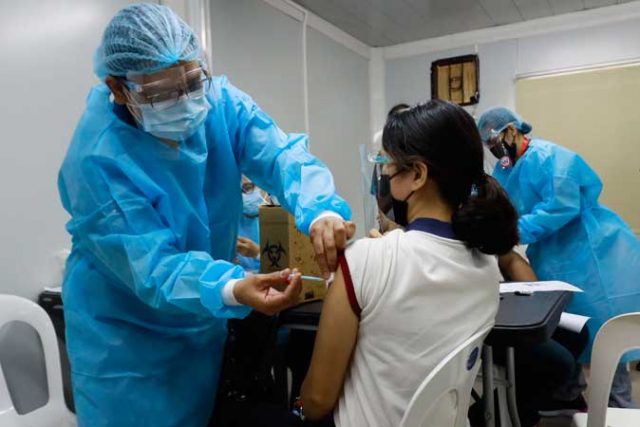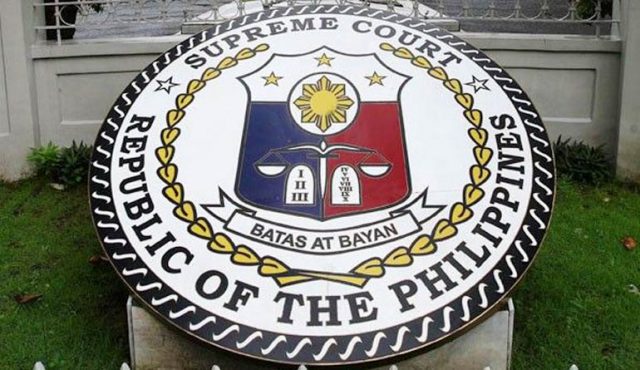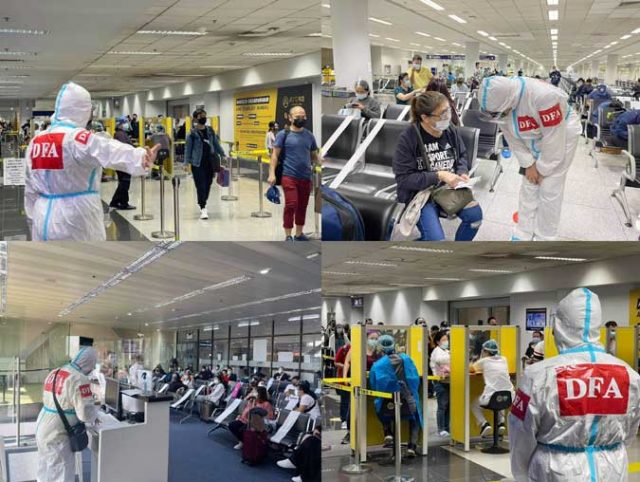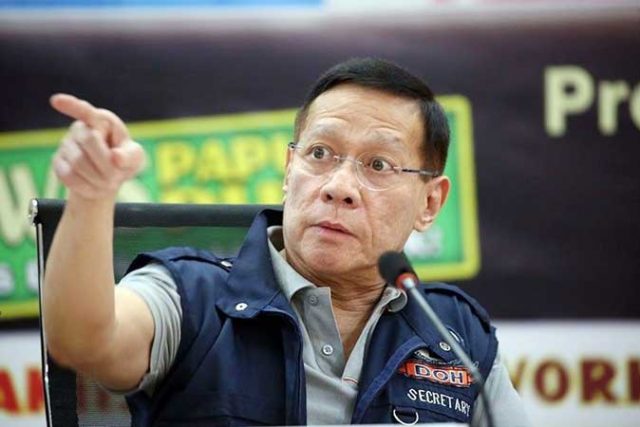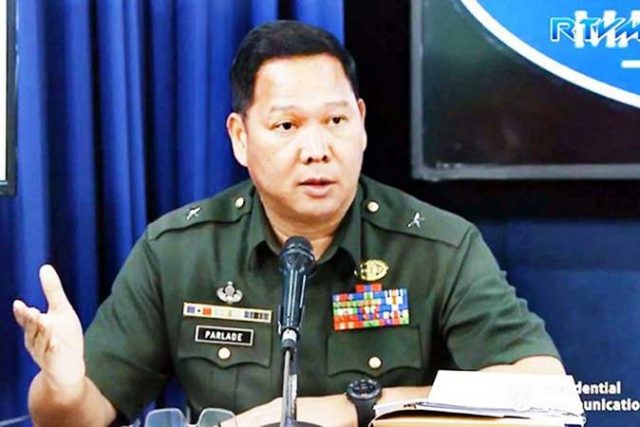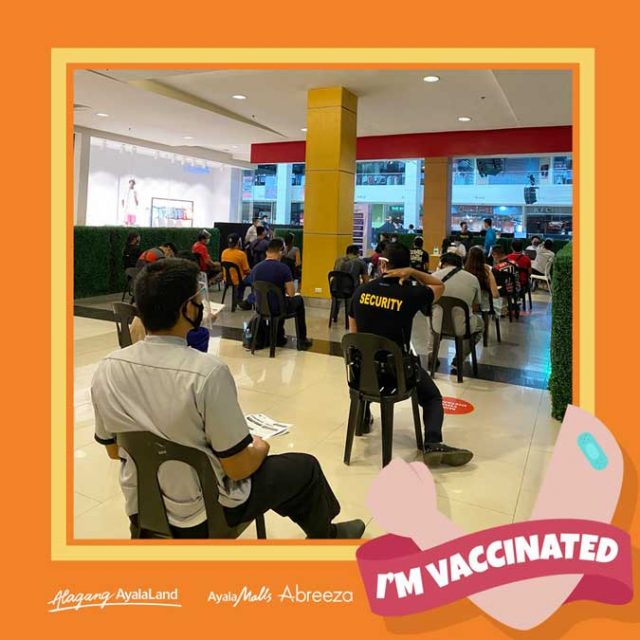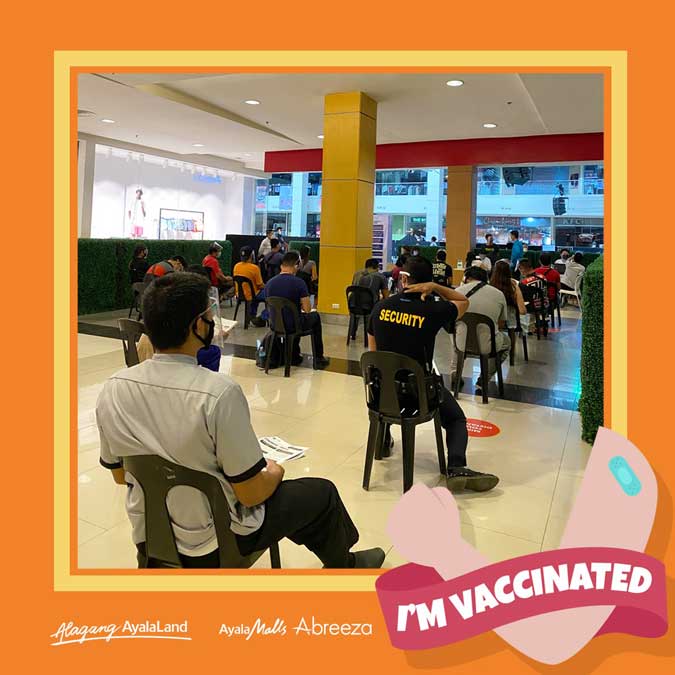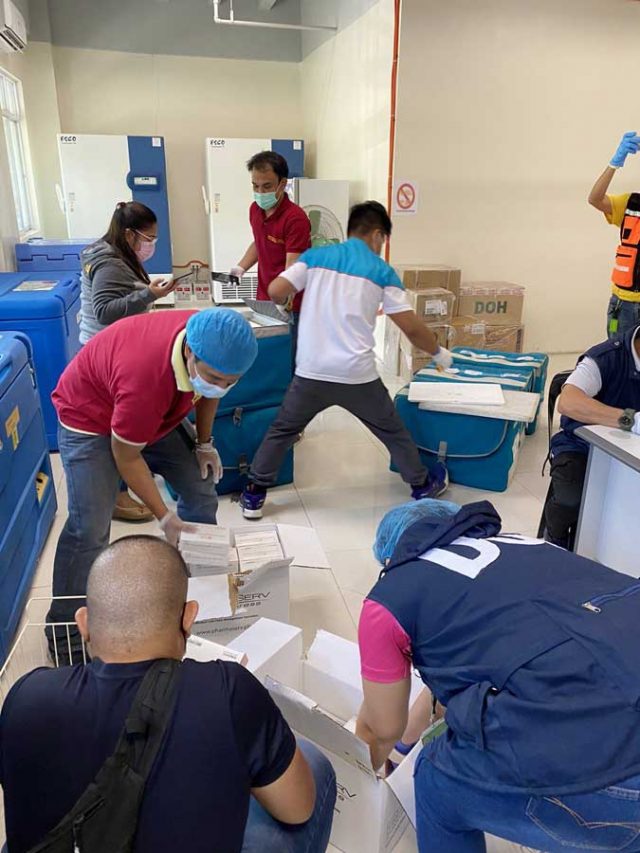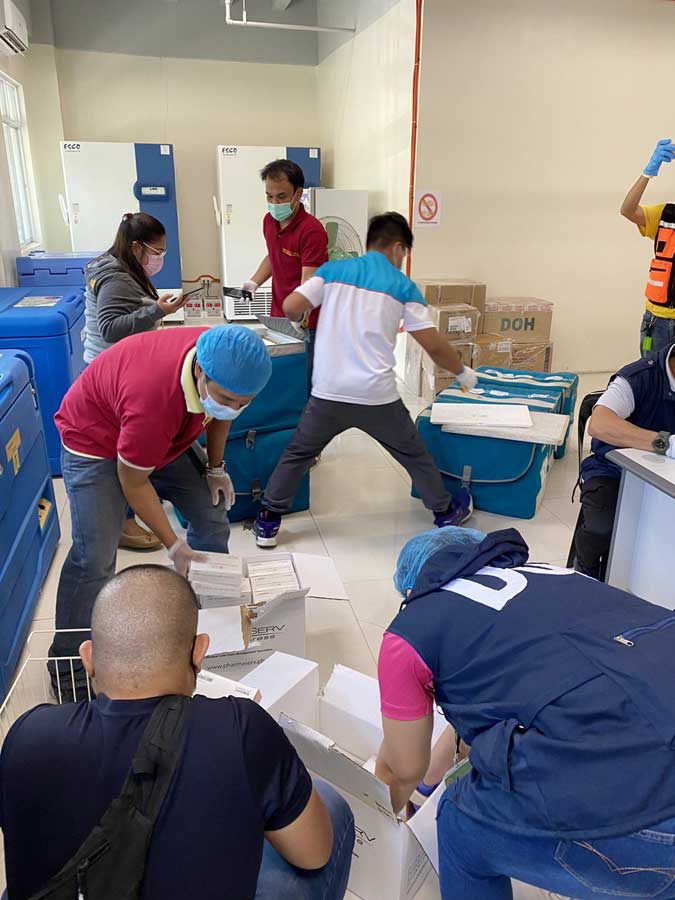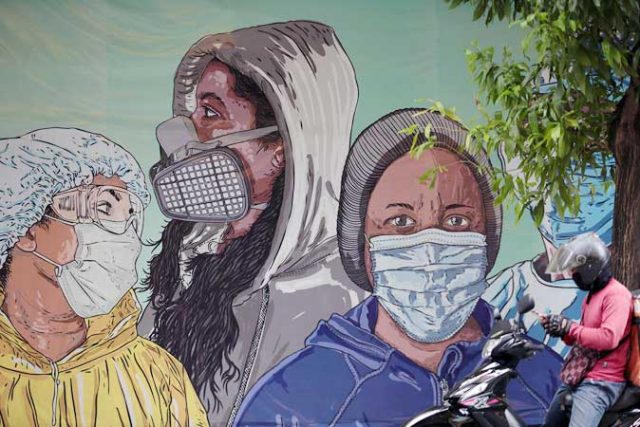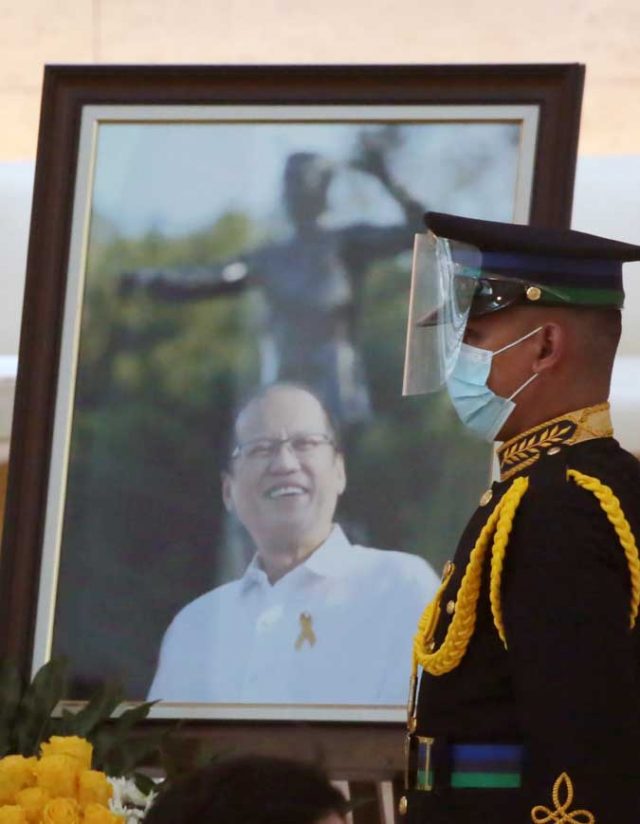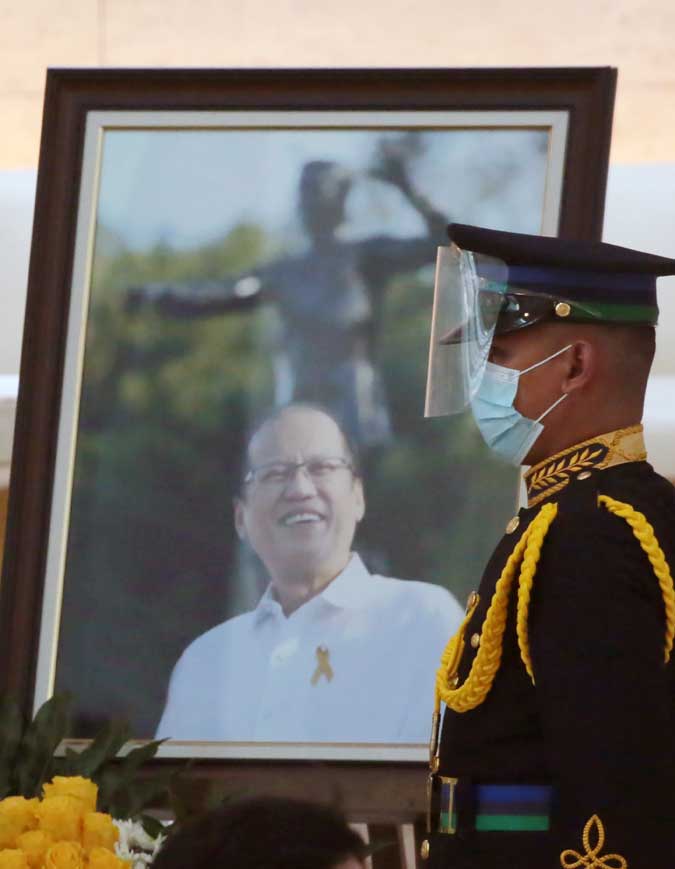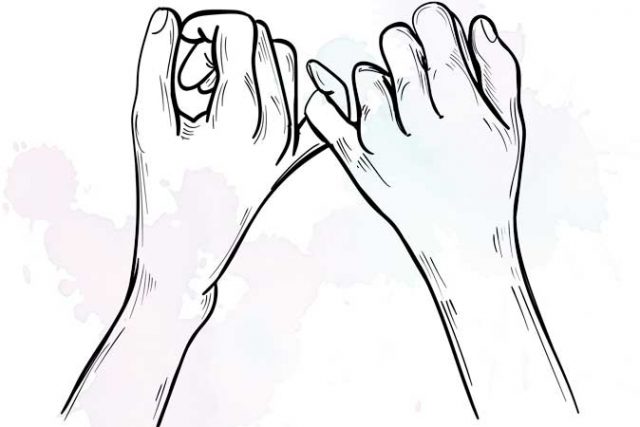Philippines at low risk from coronavirus — DoH
By Vann Marlo M. Villegas and Kyle Aristophere T. Atienza, Reporters
HEALTH authorities on Thursday said the Philippines was at low risk from the coronavirus after declining infections in the past two weeks.
Infection rates fell by 9% in the two weeks that ended on June 26, Health Director Alethea de Guzman told an online news briefing.
People should still adhere to health protocols, she added, noting that the situation is “very prone to a sudden, possible increase.” “We need to widen the decline.”
The average national daily attack rate — new cases divided by the population — stood at 5.42, within the moderate risk classification. An average of more than seven is considered high risk.
Ms. de Guzman said 46.5% of health care facilities had been used as of June 29, while 55.2% of intensive care unit beds had been occupied. She added that 24% of isolation beds had been used.
The daily infection tally increased slightly to 5,772 from June 24 to 30, from 5,638 from June 17 and 23, she said.
She flagged the Davao region, Western Visayas, Soccsksargen and Eastern Visayas for rising coronavirus infections.
The infection rate in the Davao region had more than doubled in the past two weeks, while the rate in Western Visayas was 63%, 67% in Soccsksargen and 118% in Eastern Visayas, Ms. de Guzman said.
The daily attack rate in the Davao region was 9.14, 8.12 in Western Visayas, 7.1 in Soccsksargen and 7.05 in Eastern Visayas, she said.
Coronavirus cases in Metro Manila fell by 26% from June 13 to 26, while its average daily attack rate was at 5.01, which is considered low risk.
Infections in the capital region have plateaued after a slow decline in the past weeks. The average daily tally in the seven days ended June 30 stood at 694, from 686 a week earlier.
“We often describe the trend in the National Capital Region (NCR) as fragile,” Ms. de Guzman said. “This is a crucial time for NCR because we don’t want it going up again.”
Coronavirus infections in Luzon have fallen except for the Cordillera Administrative Region, Ilocos and Mimaropa, the Health department said.
Cases in Eastern and Western Visayas were rising, while Central Visayas has experienced a plateau after a sharp decline, Ms. de Guzman said. Infections in Mindanao have been falling except for the Davao region, where the trend is inconsistent.
DAILY TALLY
The Department of Health (DoH) reported 5,795 coronavirus infections on Thursday, bringing the total to 1.4 million. The death toll rose by 135 to 24,797, while recoveries increased by 2,859 to 1.34 million, it said in a bulletin.
There were 51,567 active cases, 1.5% of which were critical, 91% were mild, 3.8% did not show symptoms, 2.1% were severe and 1.56% were moderate.
The agency said 17 duplicates had been removed from the tally, 14 of which were tagged as recoveries. Twenty-seven recoveries were reclassified as active cases, while 93 cases tagged as recoveries were reclassified as deaths. Five laboratories failed to submit data on June 29.
About 14 million Filipinos have been tested for the coronavirus as of June 29, according to DoH’s tracker website.
The coronavirus has sickened about 183 million and killed almost four million people worldwide, according to the Worldometers website, citing various sources including data from the World Health Organization.
About 167.6 million people have recovered, it said.
Meanwhile, Health Secretary Francisco T. Duque III said a Bloomberg report ranking the Philippines second to the last of 53 countries in terms of pandemic response was unfair. He said the report favored rich countries with a high vaccination rate.
He said the country does not have enough vaccines to inoculate at least half of the population, adding that rich countries have already gotten 80% of the global vaccine supply.
“That leaves us among the middle-income countries scrambling and almost begging for vaccines, and they are already talking about the luxury of a third booster dose,” he told the ABS-CBN News Channel.
The Philippines ranked 52nd out of 53 countries in terms of pandemic response, according to Bloomberg’s COVID-19 resilience ranking, where the government scored poorly in vaccine rollout, among other things.
The country got a score of 45.3, ahead of Argentina, which ranked last on the list with a score of 37.
Meanwhile, The World Health Organization and National Commission of Senior Citizens urged local government units (LGUs) to speed up the vaccination for priority groups, including senior citizens.
They said only 28.3% or about 8.2 million senior citizens had received their first coronavirus vaccine dose as of June 28.
WHO Representative to the Philippine Rabindra Abeyasinghe said the vaccines are important especially with the risk of more contagious variants.
“We strongly urge our LGUs to ramp up efforts to improve access of the elderly to vaccines, along with improving convenience at vaccination sites,” he said in a statement. “Let us give our elderly the protection they need and the best quality of life they deserve without delay.”
Also on Thursday, presidential spokesman Herminio L. Roque, Jr. apologized for the vaccine shortage after some local governments complained.
“We apologize. That’s the reality and we can’t do anything about it,” he told a televised news briefing in Filipino.
Mr. Roque said the National Government is prioritizing coronavirus-hit areas for vaccination. Metro Manila and nearby provinces are being prioritized “not only because of the higher cases there but also because of the higher population.”
The Philippines aims to inoculate at least 500,000 people daily in Metro Manila, Rizal, Bulacan, Cavite, Laguna, Metro Cebu and Metro Davao to achieve herd immunity by Nov. 27.

